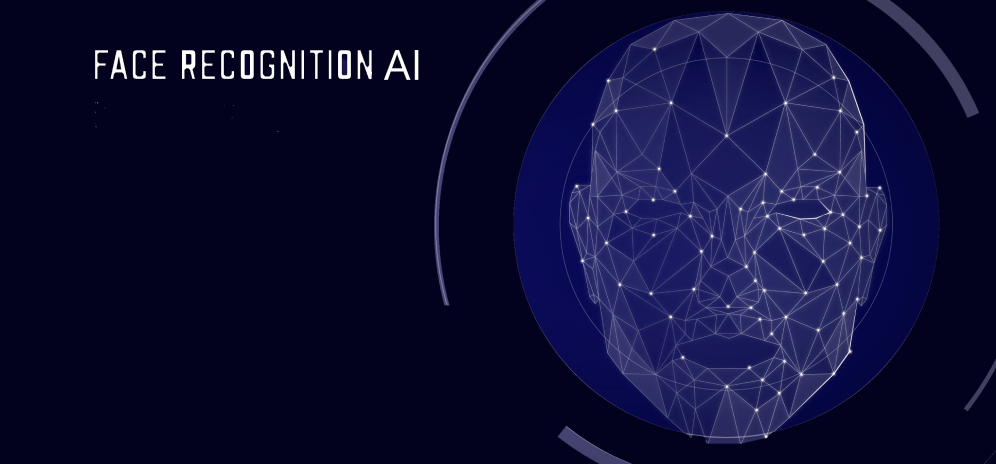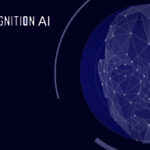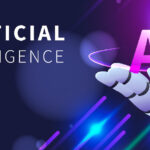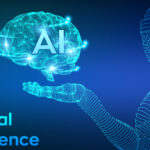
In recent years, facial recognition technology has emerged as a powerful application of artificial intelligence (AI), transforming various industries and revolutionizing the way we interact with the world around us. With its ability to analyze and identify faces, AI-powered facial recognition has found applications in security, personal devices, marketing, healthcare, and more. In this blog, we will delve into the fascinating world of facial recognition technology, exploring its capabilities, benefits, and potential concerns.
Understanding Facial Recognition
Facial recognition is a biometric technology that uses AI algorithms to analyze and identify human faces. It involves capturing facial features and patterns, such as the distance between the eyes, the shape of the nose, and the contours of the face. These unique characteristics are then compared to a database of known faces to determine a match.
How AI Enhances Facial Recognition
AI plays a crucial role in enhancing the accuracy and efficiency of facial recognition systems. Machine learning algorithms enable computers to learn from vast amounts of data and improve their performance over time. Here are a few key ways AI enhances facial recognition:
- Feature Extraction: AI algorithms can extract intricate facial features from images or video streams, allowing for more precise analysis and identification.
- Pattern Recognition: With AI, facial recognition systems can identify complex patterns and subtle variations, enabling them to distinguish between individuals more accurately.
- Real-Time Processing: AI-powered facial recognition can process large amounts of data rapidly, making it suitable for real-time applications like surveillance and access control.
Applications of Facial Recognition
- Security and Law Enforcement: Facial recognition technology has significantly enhanced security measures by providing efficient and reliable identification. It aids in identifying suspects, monitoring public spaces, and preventing crimes. It can also be used to secure sensitive areas by granting access only to authorized personnel.
- Personal Devices and Authentication: Many smartphones and other personal devices now utilize facial recognition for secure authentication. AI algorithms analyze facial features to unlock devices, make payments, or access personal accounts, offering convenience and heightened security.
- Marketing and Personalization: Facial recognition technology enables marketers to gather valuable insights about customer demographics, preferences, and emotions. This data can be used to personalize advertising, improve customer experiences, and enhance targeted marketing strategies.
- Healthcare and Biometrics: Facial recognition holds great potential in healthcare for patient identification, medical record management, and disease detection. AI-powered systems can aid in diagnosing genetic disorders, tracking the progression of diseases, and monitoring vital signs through facial analysis.
Concerns and Ethical Considerations
While facial recognition technology offers numerous benefits, it also raises concerns regarding privacy, bias, and potential misuse. It is essential to address these concerns and establish ethical guidelines to ensure responsible use. Some key considerations include:
- Privacy Protection: Safeguarding personal data and ensuring user consent is crucial when deploying facial recognition systems. Transparency and strict data protection measures are necessary to prevent unauthorized access and misuse of biometric information.
- Bias Mitigation: Facial recognition algorithms can exhibit biases, leading to inaccuracies and potential discrimination. Efforts should be made to eliminate biases in data collection, training, and testing processes to ensure fairness and inclusivity.
- Legal and Regulatory Frameworks: Policymakers need to establish clear regulations to govern the use of facial recognition technology. Striking a balance between security and privacy is crucial to prevent misuse and protect individual rights.
Conclusion
Facial recognition technology, powered by AI, has emerged as a transformative force across various industries. With its ability to analyze and identify faces, it has revolutionized security, personal devices, marketing, and healthcare. While reaping the benefits, it is vital to address concerns around privacy, bias, and ethical considerations to ensure responsible use. As technology advances and ethical standards evolve, facial recognition technology will continue to shape our future, unlocking new possibilities and opportunities.
Facial recognition, backed by AI, has the potential to create a safer, more personalized, and more efficient world. It offers immense convenience, enhances security measures, and opens doors to innovative applications in various domains. However, it is imperative to strike a balance between technological advancements and ethical considerations to ensure its responsible and beneficial use.
To achieve this, collaboration between industry leaders, policymakers, and the public is crucial. Transparent discussions and open dialogues can help establish guidelines and regulations that protect privacy, prevent misuse, and address biases in facial recognition technology. By fostering responsible development and deployment practices, we can leverage the power of AI-driven facial recognition to create a positive impact on society.
In conclusion, facial recognition technology, powered by AI, is revolutionizing the way we interact with the world around us. It offers immense potential in security, personal devices, marketing, healthcare, and beyond. By leveraging its capabilities and addressing concerns around privacy, bias, and ethical considerations, we can harness its power to shape a future that is both technologically advanced and ethically sound. As we move forward, it is crucial to embrace responsible practices and ensure that facial recognition technology remains a force for good, benefiting individuals and society as a whole.













































Recent Comments